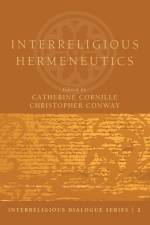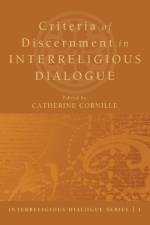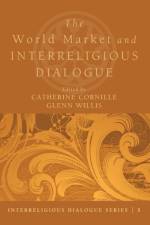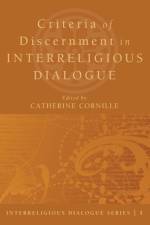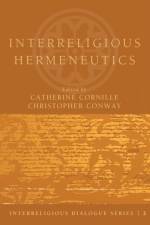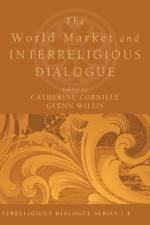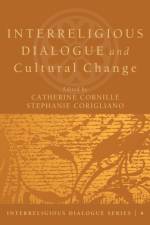41,00 €
Description:CONTRIBUTORS:Mustafa Abu-Sway, Al-Quds University, JerusalemAsma Afsaruddin, Indiana UniversityReinhold Bernhardt, Basel UniveristyDavid Burrell, CSC, University of Notre DameCatherine Cornille, Boston CollegeGavin D''Costa, University of BristolDavid M. Elcott, New York UniversityJoseph Lumbard, Brandeis UniversityJonathan Magonet, Louis Baeck Institute, LondonJohn Makransky, Boston CollegeAnantanand Rambachan, St. Olaf CollegeDeepak Sarma, Case Western UniversityJudith Simmer-Brown, Naropa UniversityMark Unno, University of OregonEndorsements:""Discernment as the evaluation of one religious community by another is a critical question in contemporary interfaith dialogue theory and practice. How do the members of different religions judge the relative worth of other religious traditions? And how does this judgment connect with the complicated religious lives of modern people? The question of religious discernment has become much more pressing in an age of the globalization of religion along with economic and cultural exchange. What is so refreshing about these essays is that the authors do not shy away from the fact that every religious tradition does have ways of judging the relative merits (and demerits) of the religions of other people . . . As the Kongzi (Confucius) taught so long ago, we need to find harmony but not uniformity. These essays help us on this path.""--John BerthrongBoston University""This is serious and careful work, a rich collection yielding honest and provocative lessons by religious scholars challenged to identify the criteria for critical judgments they employ when addressing different understandings within their traditions and, particularly, across religious boundaries. They contribute significantly to contemporary reflections on the dynamics of interreligious exchange from a diversity of perspectives. Here five major traditions are represented, but not uniformly so. Their insightful, at times formidable, even counter-intuitive suggestions are instructive to all who wish to understand more clearly diverse religious perspectives on dialogue.""Georgetown University""--John BorelliGeorgetown UniversityAbout the Contributor(s):Catherine Cornille is Associate Professor of Comparative Theology at Boston College. She is the author of The Im-Possibility of Interreligious Dialogue (2008) and editor of Many Mansions? Multiple Religious Belonging and Christian Identity (2002) and Song Divine: Christian Commentaries on the Bhagavad Gita (2006). She is managing editor of the series Christian Commentaries on Non-Christian Sacred Texts.

